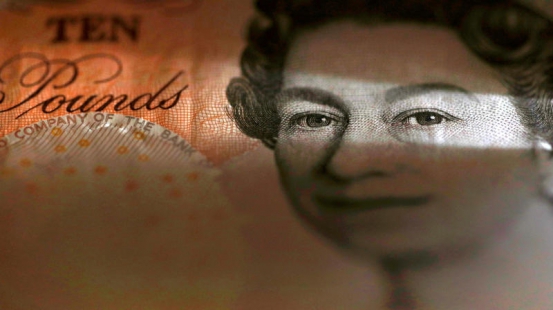×
The Standard e-Paper
Stay Informed, Even Offline

European shares rose, government bond yields fell and sterling weakened against the dollar and euro on Thursday after the Bank of England cut interest rates and restarted bond purchases in a bid to ease the economic hit from June’s vote to leave the EU.






